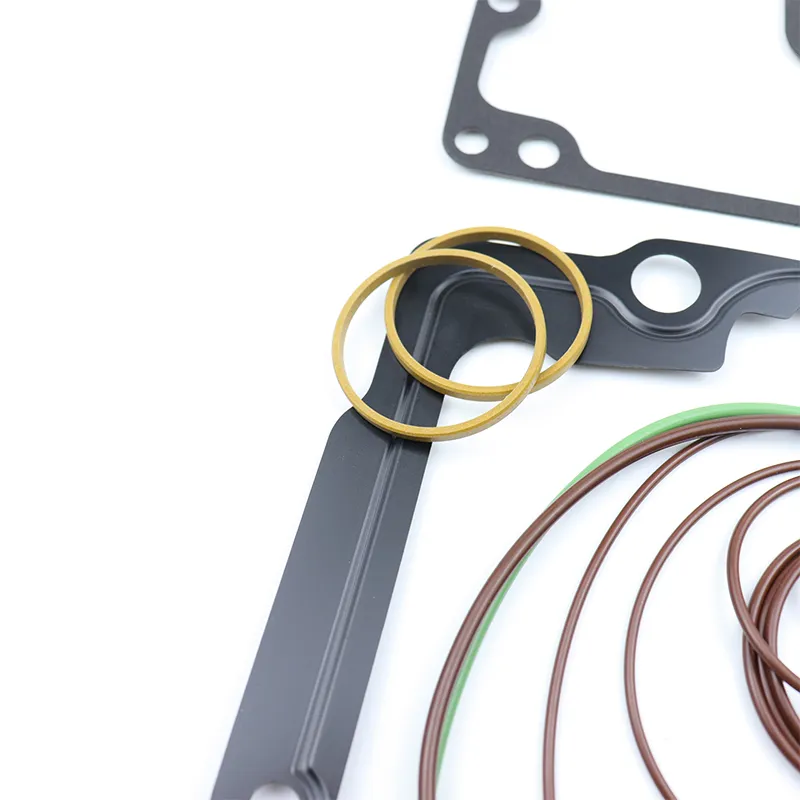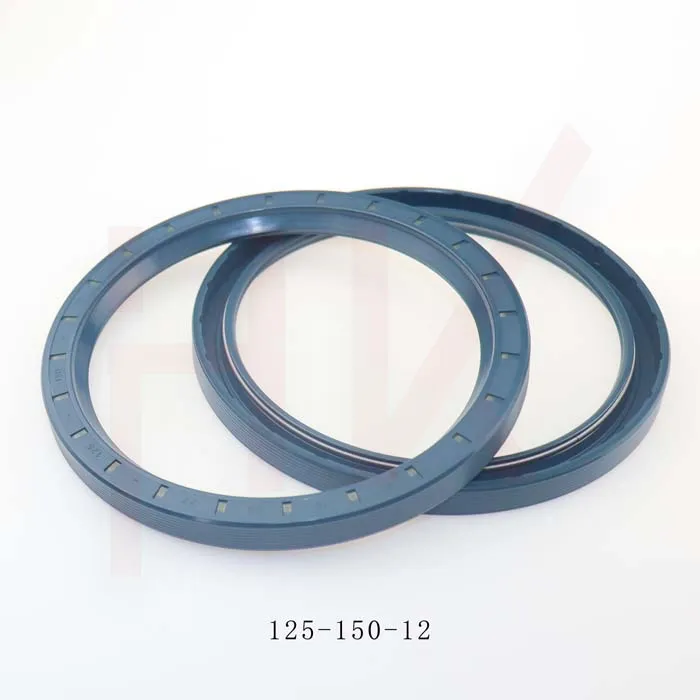Fev . 13, 2025 06:53 Back to list
Standard Wheel Hub Oil Seal For Agricultural Machinery


The evolution of oil seal technology has also seen the advent of advanced designs tailored for specific industrial applications. From hydraulic machinery to automotive engines, tailored innovations like labyrinth seals, PTFE oil seals, and cassette seals provide bespoke solutions that enhance machine performance while extending the lifespan of components. These advancements address specific challenges such as high-pressure environments or abrasive conditions, ensuring that seals cater to the most demanding industrial requirements. Trust in oil seals is built on a foundation of authoritative quality and reliability. Industry leaders in manufacturing seals uphold rigorous testing and compliance standards, ensuring that their products meet global benchmarks. Certifications and compliance with standards such as ISO 9001 or API further affirm the trustworthiness of oil seals in critical applications. Selecting products from reputable manufacturers is not merely a matter of preference but a testament to prioritizing quality and reliability. In summation, oil seals, although small components, hold substantial sway in the efficiency and durability of machinery. Real-world experience buttressed by technical expertise fosters a synergy where the right selection, installation, and maintenance of oil seals translate to optimized performance, diminished downtimes, and prolonged machinery life. This trifecta of experience, expertise, authority, and trustworthiness forms the bedrock of successful applications in achieving mechanical excellence.
-
The Trans-formative Journey of Wheel Hub Oil Seals
NewsJun.06,2025
-
Graphene-Enhanced Oil Seals: Revolutionizing High-Pressure Oil Sealing
NewsJun.06,2025
-
Future of Hydraulic Sealing: Advanced Intelligent TCN Oil Seals
NewsJun.06,2025
-
Don’t Let a Broken TCV Oil Seal Ruin Your Day
NewsJun.06,2025
-
Bio-Inspired Dust Seals for Better Sealing Performance
NewsJun.06,2025
-
Biodegradable and Sustainable Hydraulic Seal Materials
NewsJun.06,2025
-
Top Oil Seal Solutions for Your Industrial Needs
NewsMay.22,2025
Products categories
















